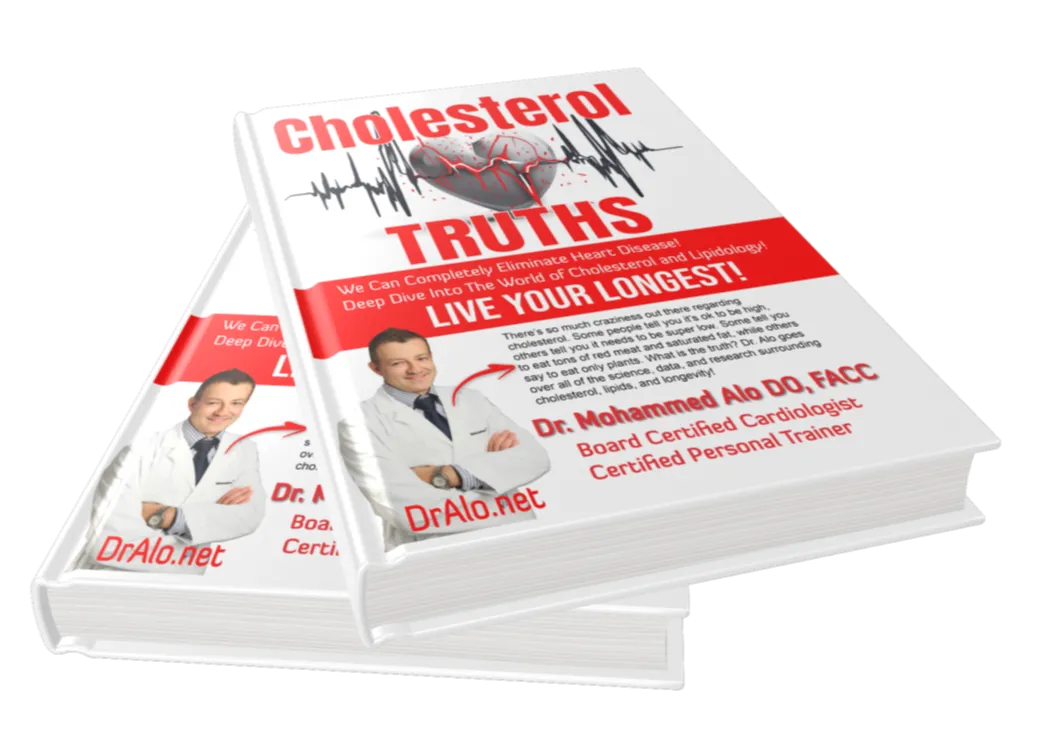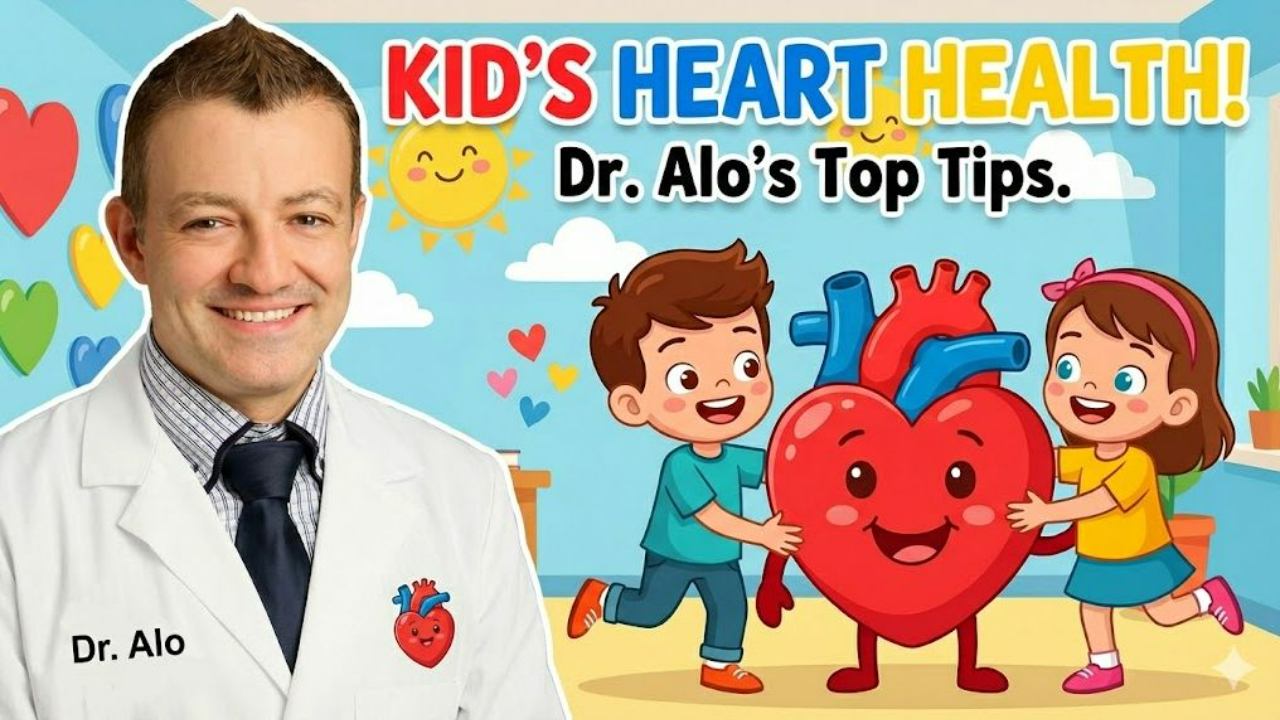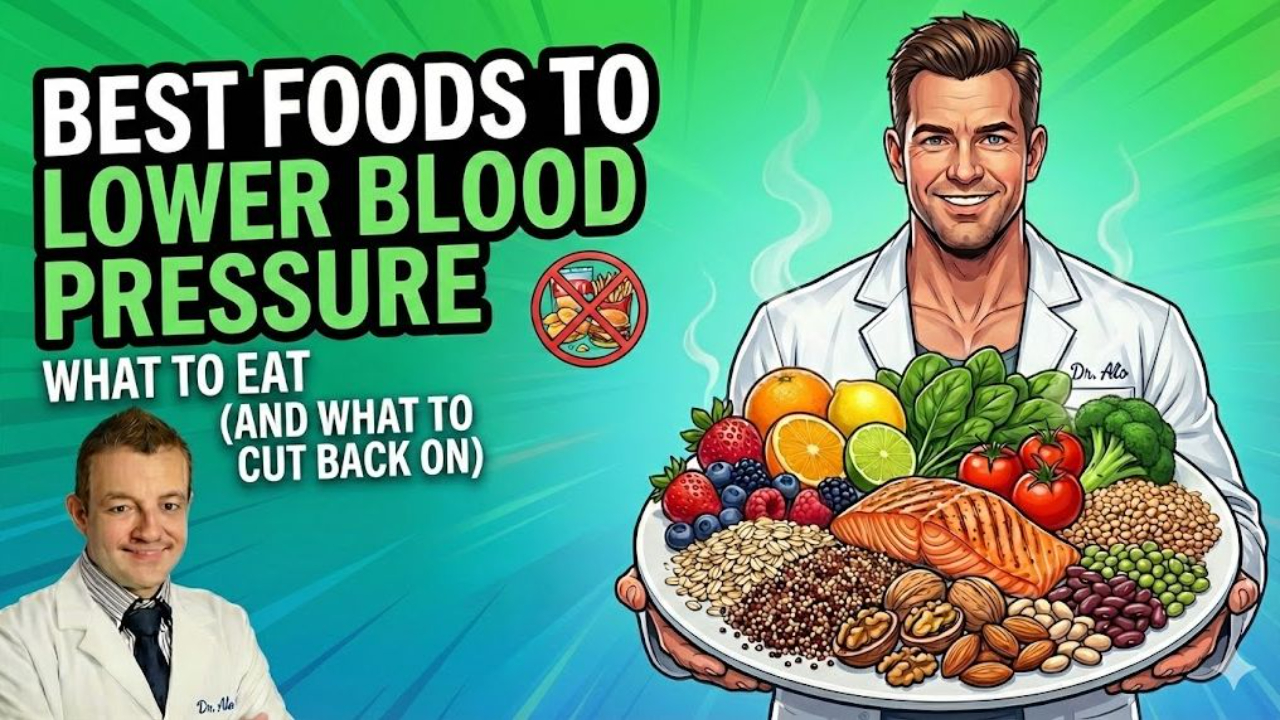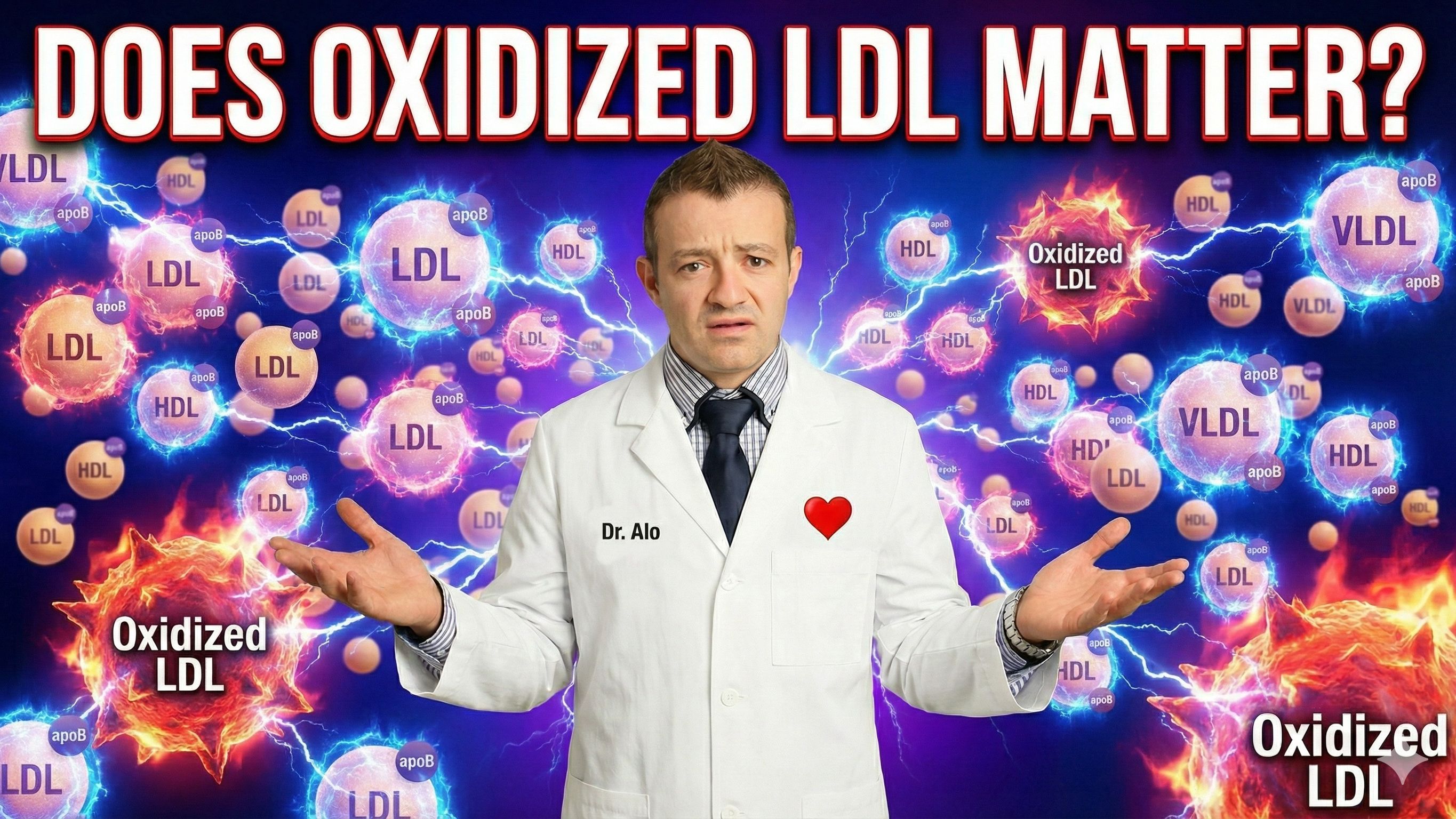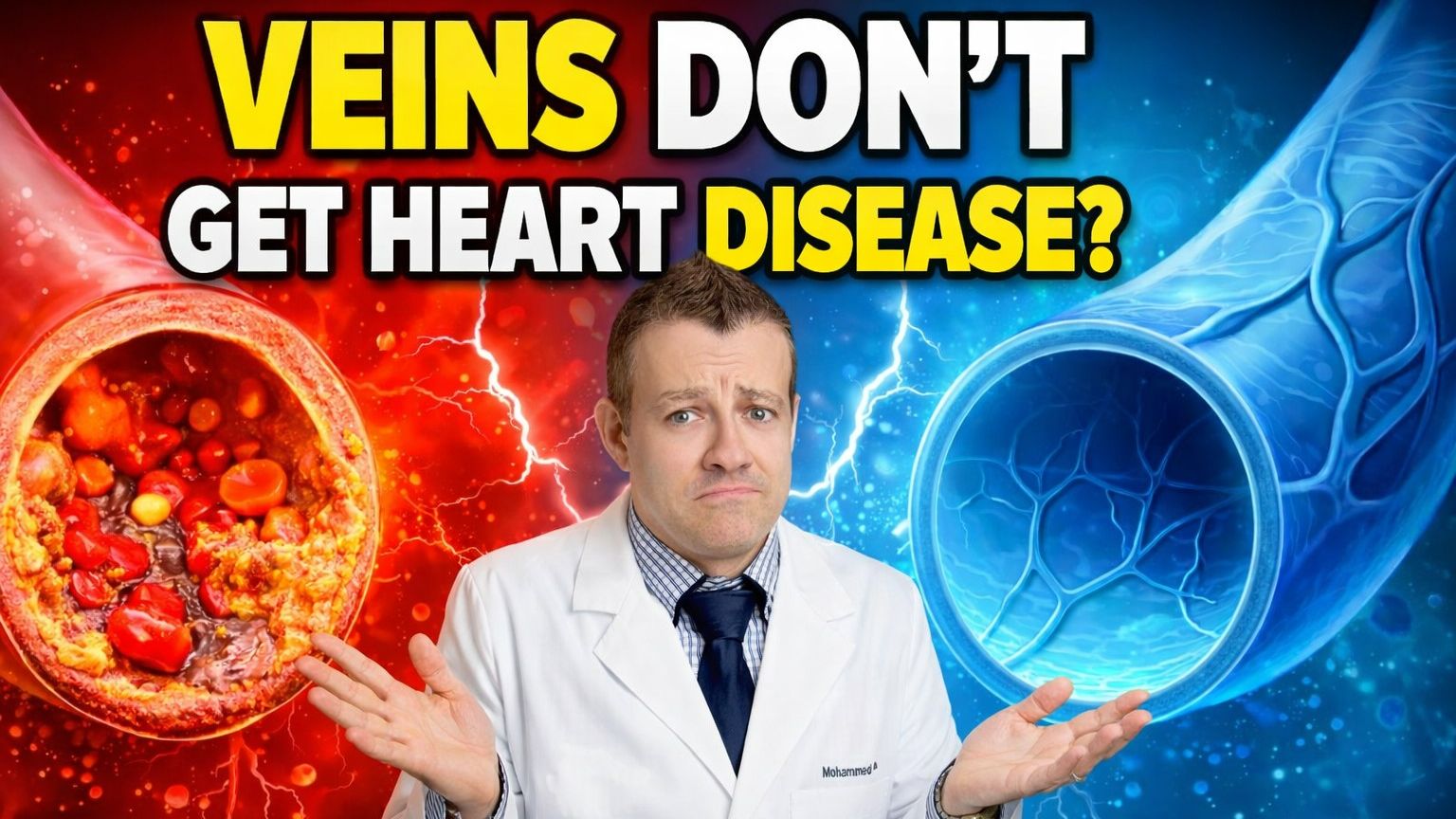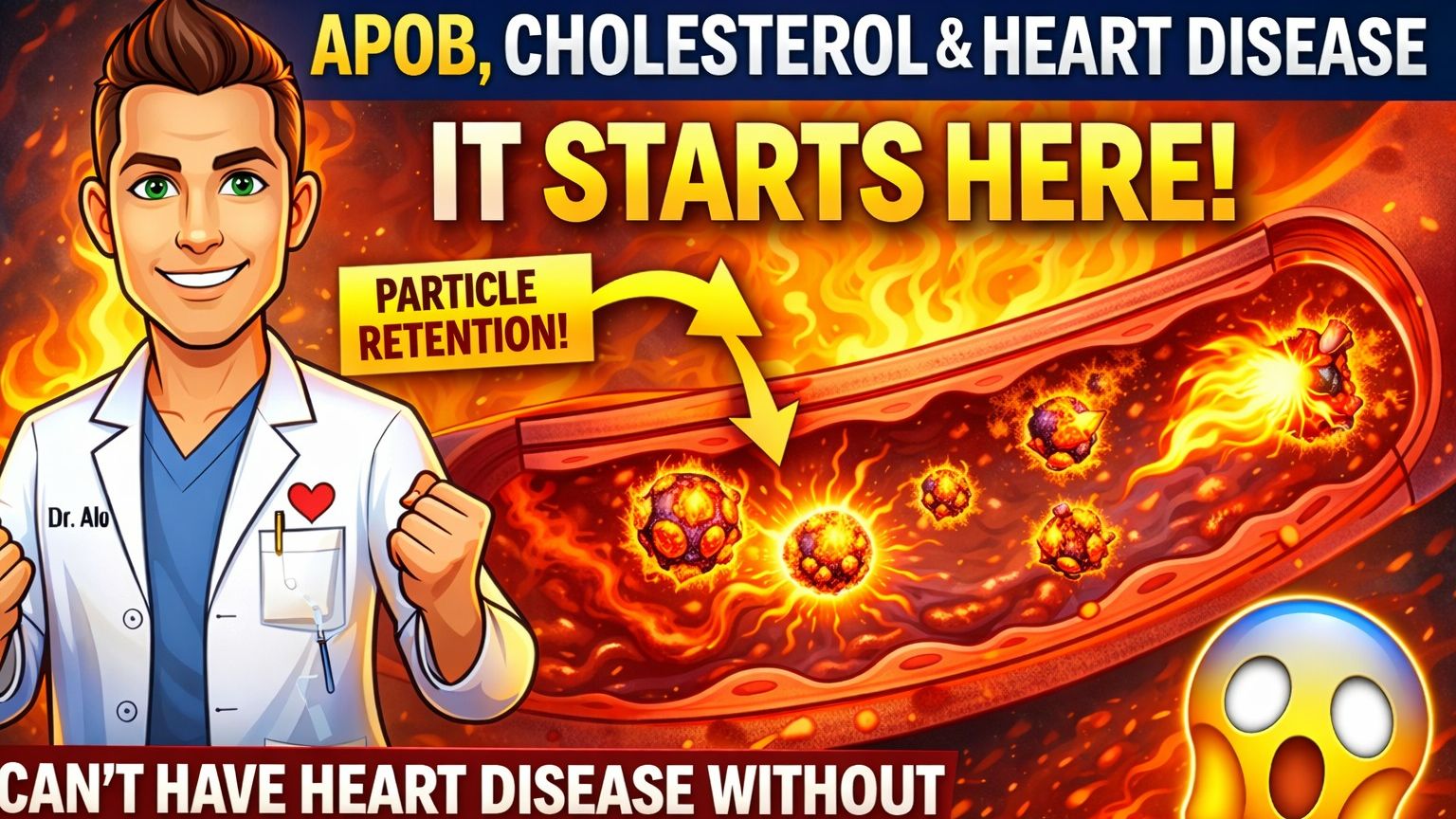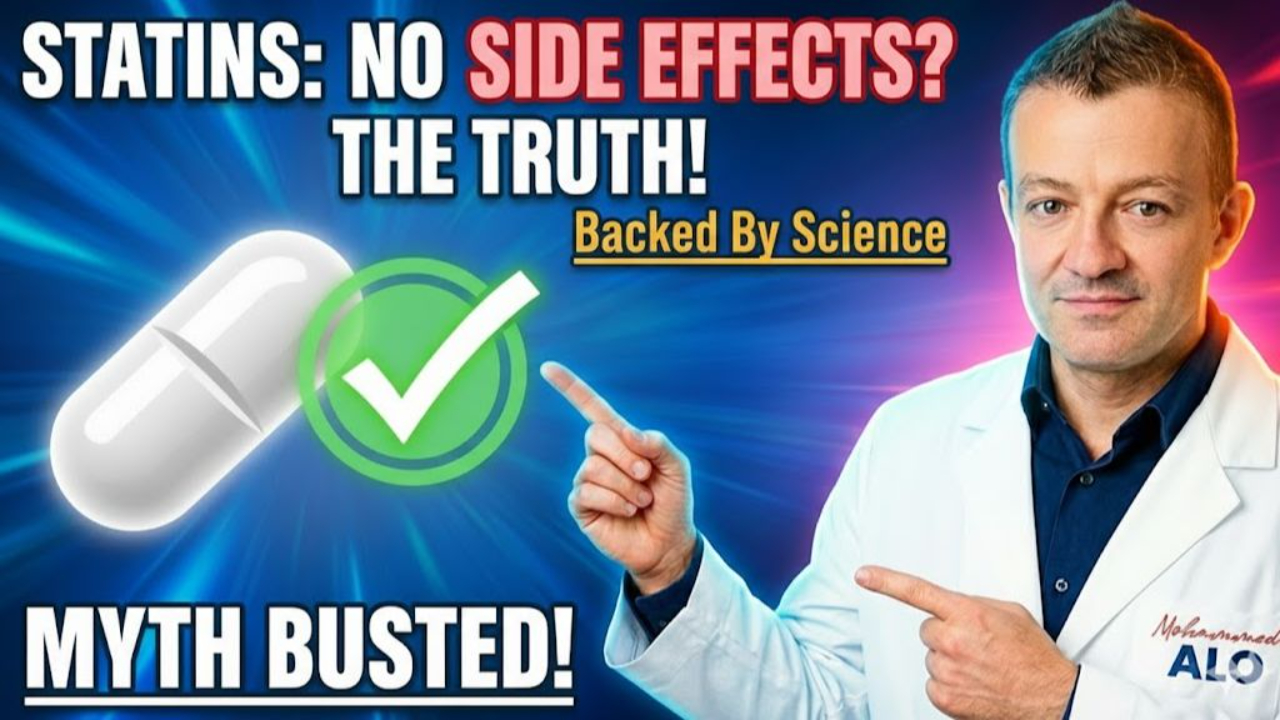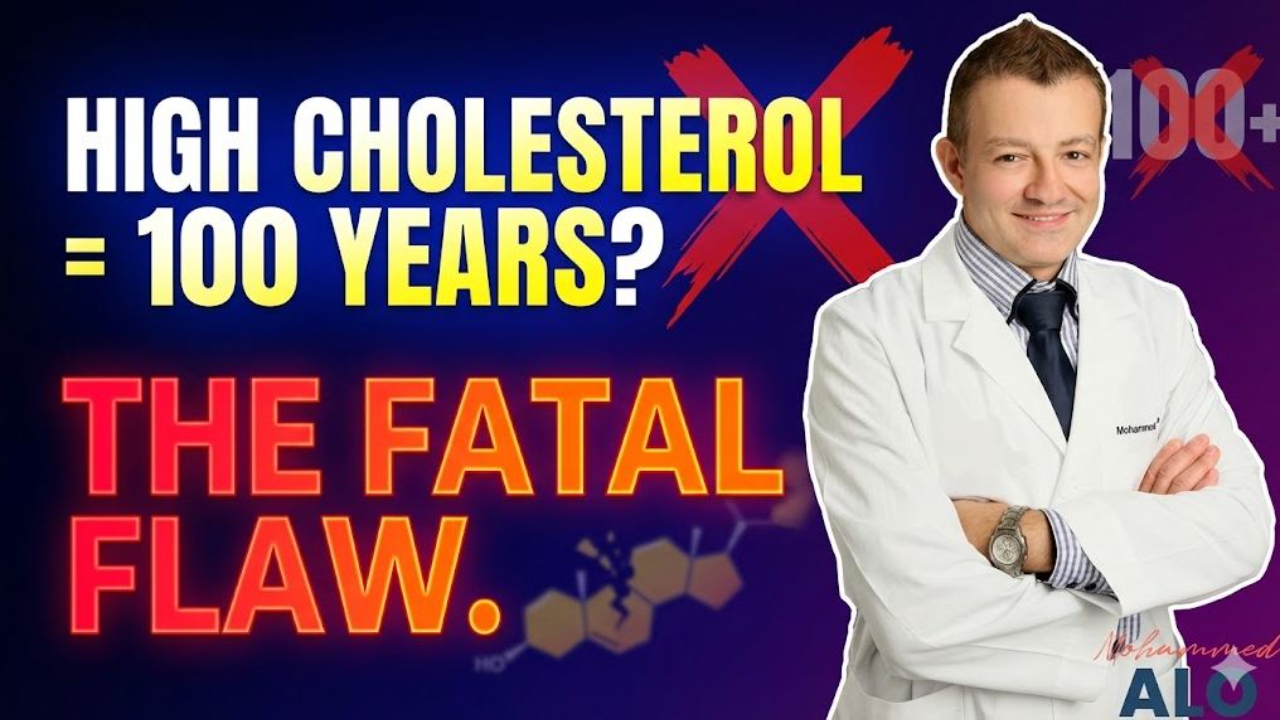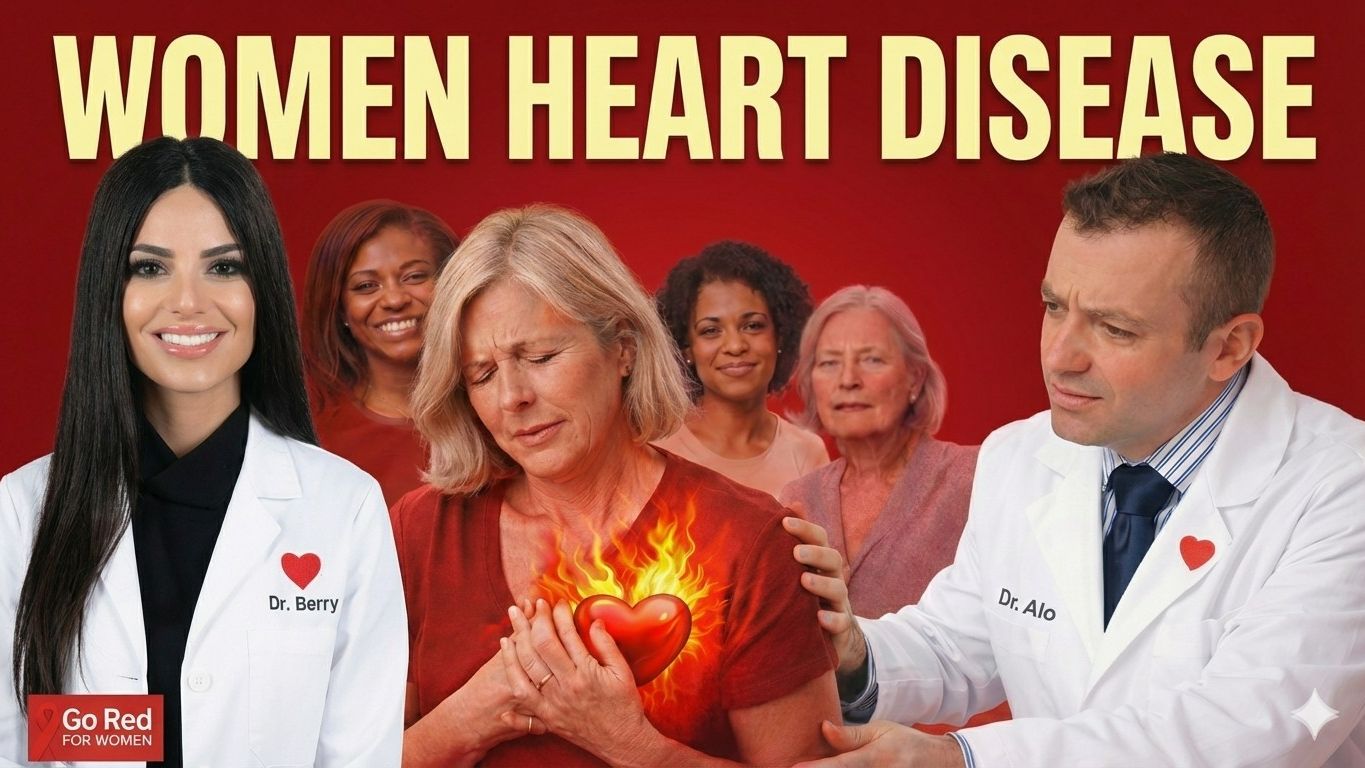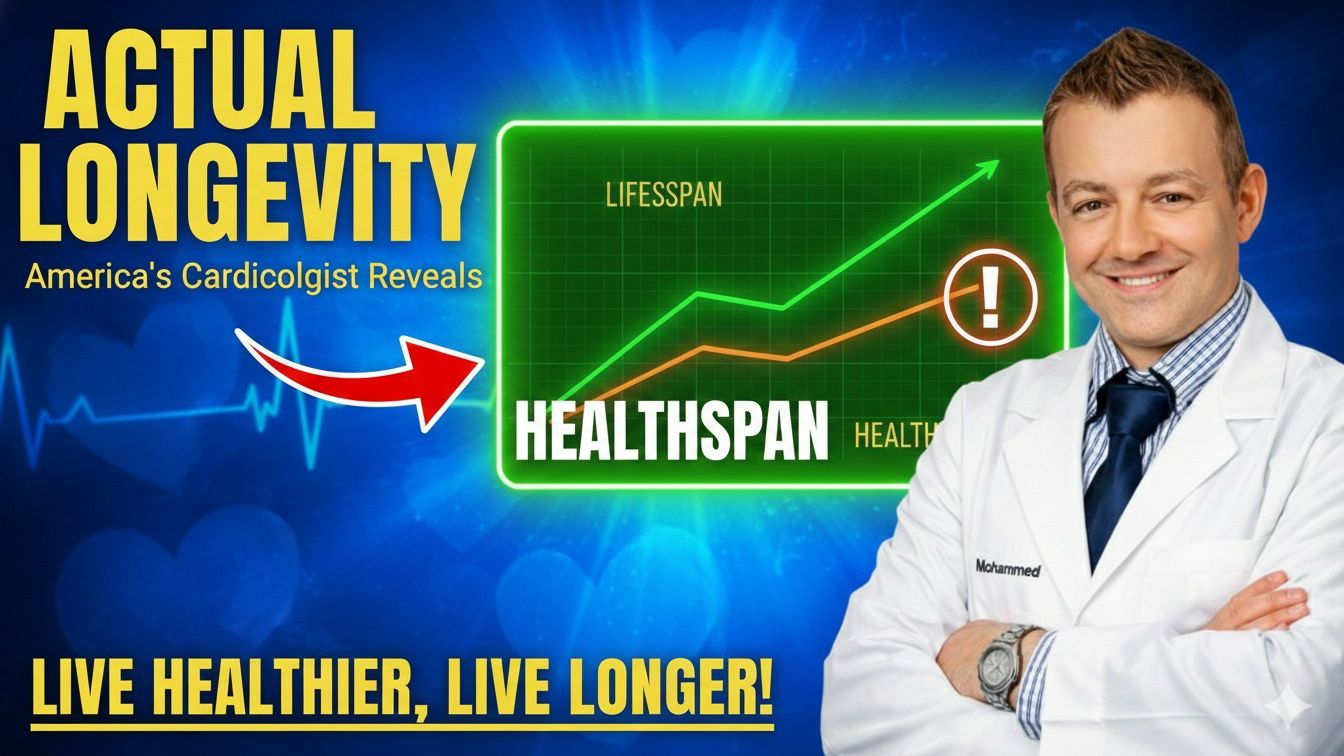Are Seed Oils Bad For You?
Mar 10, 2022
Are Seed Oils Good or Bad For You?
Do seed oils and vegetable oils actually cause inflammation or heart disease? Or is that a myth? Are there any research studies on this topic? Yes, thankfully we have tons of studies on this now. The seed oil debate ends now!
Seed Oils Are Cardioprotective (Good For Your Heart)!
You always hear "Instagram Doctors" and other internet health gurus talk about seed oils causing inflammation and leading to chronic disease. Are these internet gurus and doctors right?
Unfortunately they are not. Not at all! Not even one bit. They are just trying to scare people with the "next thing", sort of like telling people that drinking "still water" or "alkaline water" or "juice cleanses" will actually do anything to improve your health. They just put a hole in your pocket.
There is an overwhelming amount of data and science that shows that seed oils are cardioprotective. This means that they offer improvements in cardiovascular disease and improve your heart health. The largest study done on seed oils is discussed below.
To date, there have no human outcomes trials that have shown harm from seed oils. Not one. When I asked on social media for people to post one single study that shows harm from seed oils, all I got in return was crickets. Not one study shows harm.
Is Olive Oil a Seed Oil?
Olive oil is not classified as a seed oil. It's actually derived from the fruit of the olive tree or the "olive". It falls under the category of "fruit oils". Research articles like the one published in the Journal of Agricultural and Food Chemistry confirm the origins of olive oil, emphasizing its extraction from the olive fruit rather than seeds.
Historically, studies have shown that olive oil offers unique health benefits, primarily due to its high content of monounsaturated fats, antioxidants, and anti-inflammatory properties. This distinction is significant when discussing the impact of different oil types on health and heart-related issues.
Seed Oils Research, Debates, Science, Studies
As a cardiologist, I often encounter patients curious about the effects of seed oils on their health, especially concerning their hearts. The use of seed oils, extracted from various seeds like soybean, sunflower, corn, and others, has surged due to their affordability and purported health benefits.
However, the debate persists: Are seed oils truly beneficial, or do they pose risks to our well-being, particularly heart health?
To navigate this topic, let's delve into scientific studies and empirical evidence to address the pressing questions: Are seed oils good or bad for you? Do they contribute to inflammation? And how do they impact heart health?
One of the internet doctors that talks about this extensively actually cites a rat study from 1965. Yes, a rat study from 1965. That's almost 60 years ago now and we have over 30 human studies that tested this exact thing and answered this exact question.
The nice thing about science is that you can answer the exact question you have. And in the last 5-10 years we have answered almost all health, diet, exercise, and nutrition based questions. Sure, there's still more and we need to dive into the detail and nuance now, but we have most of the answers.
Do Seed Oils Cause Inflammation?
It turns out that seed oils actually reduce inflammation and improve cardiovascular mortality significantly. Watch this video, as I go over the studies.
Understanding Seed Oils
Seed oils or vegetable oils, derived from seeds of plants, are primarily divided into two categories: polyunsaturated and monounsaturated fats. They are often rich in omega-6 fatty acids, essential for the body's functions. Common examples include sunflower oil, soybean oil, canola oil, and corn oil. When most of the online pundits talk about "seed oils" they are talking about canola oil or oils with linoleic acid.
Are Seed Oils Good for You?
Seed oils offer essential fatty acids vital for bodily functions. When you substitute a saturated fat for a seed oil in your diet, all studies show improved health outcomes. Seed oil's impact on overall health is no longer a subject of debate. Several studies have highlighted potential benefits associated with omega-6 fatty acids found in seed oils. These acids are essential for brain function, skin health, and metabolism regulation. There isn't a single human outcome trial that shows that seed oils may be harmful to humans.
A study published in the Journal of Nutrition in 2013 suggested that linoleic acid, abundant in seed oils, might aid in reducing the risk of heart disease. It emphasized that replacing saturated fats with polyunsaturated fats, such as those found in seed oils, could lower the risk of cardiovascular issues.
Do Seed Oils Cause Inflammation?
Seed oils have been shown to reduce inflammatory markers in nearly every study on inflammation. This is especially true if substituting saturated fat for MUFAs ad PUFAs.
Inflammation serves as the body's defense mechanism against infections and injuries. However, chronic inflammation can contribute to various health problems, including cardiovascular diseases. The omega-6 fatty acids in seed oils can lead to the reduction of pro-inflammatory molecules.
Recent studies published in reputable journals like Nutrients have explored the impact of seed oils on inflammation, suggesting that certain seed oils may possess anti-inflammatory properties. For instance, research conducted on oils rich in omega-6 fatty acids, such as linoleic acid found in safflower oil and others, has shown potential anti-inflammatory effects. A study in The Journal of Nutrition observed that linoleic acid from seed oils might decrease inflammation markers in the body.
Similarly, findings in the European Journal of Clinical Nutrition indicate that consuming omega-6 fatty acids from seed oils might even help reduce inflammation in individuals with certain health conditions. These studies challenge the common assumption that all seed oils contribute to inflammation and emphasize the nuanced impact of specific types of seed oils on inflammation markers.
Are Seed Oils Bad for Your Heart?
The impact of seed oils on heart health is unquestionable. Nearly, all studies on seed oils (MUFAs and PUFAs) suggest benefits. There are no studies raise concerns about their potential adverse effects. Research published in the American Journal of Clinical Nutrition indicated that substituting saturated fats with polyunsaturated fats from seed oils might lower LDL cholesterol, often referred to as "bad" cholesterol, potentially reducing the risk of heart disease.
The best article to look at this and answer this exact question was the article in Circulation that looked at 30 prospective studies on seed oils and inflammation. It's the first study listed below. They followed 68k people around for 31.9 years, took 76k tissue biopsies, and where the endpoints were reached over 15k times. Without question, seed oils were cardioprotective.
Some argue that linoleic acid converts to arachidonic acid and that causes inflammation, but that isn't true either. Very little conversion takes place in humans. That study is listed below as well.
If you like to read the data yourself, click on the links below.
Grab my Actual Weight Loss book for more leading edge weight loss and heart health advice!
Grab my Mediterranean Diet Calorie Based Weight Loss Cookbook!
Join my Heart Healthy Community to discuss personalized health advice.
References and studies:
https://www.ahajournals.org/doi/10.1161/CIRCULATIONAHA.118.038908
https://www.ncbi.nlm.nih.gov/pmc/articles/PMC6179509/
https://pubmed.ncbi.nlm.nih.gov/24645297/
https://pubmed.ncbi.nlm.nih.gov/23464640/
https://pubmed.ncbi.nlm.nih.gov/28752873/
https://pubmed.ncbi.nlm.nih.gov/15576848/
https://www.sciencedirect.com/topics/agricultural-and-biological-sciences/seed-oils
https://www.ncbi.nlm.nih.gov/pmc/articles/PMC6179509/
https://www.ncbi.nlm.nih.gov/pmc/articles/PMC3335257/
https://professional.heart.org/en/science-news/omega-6-fatty-acids-and-risk-for-cardiovascular-disease/Commentary
https://www.tctmd.com/news/help-not-harm-omega-6-pufas-linked-lower-risk-cvd-events
https://experts.umn.edu/en/publications/biomarkers-of-dietary-omega-6-fatty-acids-and-incident-cardiovasc
https://www.ahajournals.org/doi/10.1161/CIRCULATIONAHA.114.011590
https://pubmed.ncbi.nlm.nih.gov/24645297/
https://pubmed.ncbi.nlm.nih.gov/23464640/
https://pubmed.ncbi.nlm.nih.gov/28752873/
https://pubmed.ncbi.nlm.nih.gov/15576848/
https://pubmed.ncbi.nlm.nih.gov/28526025/
https://pubmed.ncbi.nlm.nih.gov/20351774/
https://pubmed.ncbi.nlm.nih.gov/27434027/
https://pubmed.ncbi.nlm.nih.gov/26615402/
https://pubmed.ncbi.nlm.nih.gov/24550191/
https://pubmed.ncbi.nlm.nih.gov/27434027/
Still Have Questions? Stop Googling and Ask Dr. Alo.
You’ve read the science, but applying it to your own life can be confusing. I created the Dr. Alo VIP Private Community to be a sanctuary away from social media noise.
Inside, you get:
-
Direct Access: I answer member questions personally 24/7/365.
-
Weekly Live Streams: Deep dives into your specific health challenges.
-
Vetted Science: No fads, just evidence-based cardiology and weight loss.
Don't leave your heart health to chance. Get the guidance you deserve. All this for less than 0.01% the cost of health insurance! You can cancel at anytime!
[👉 Join the Dr. Alo VIP Community Today]



